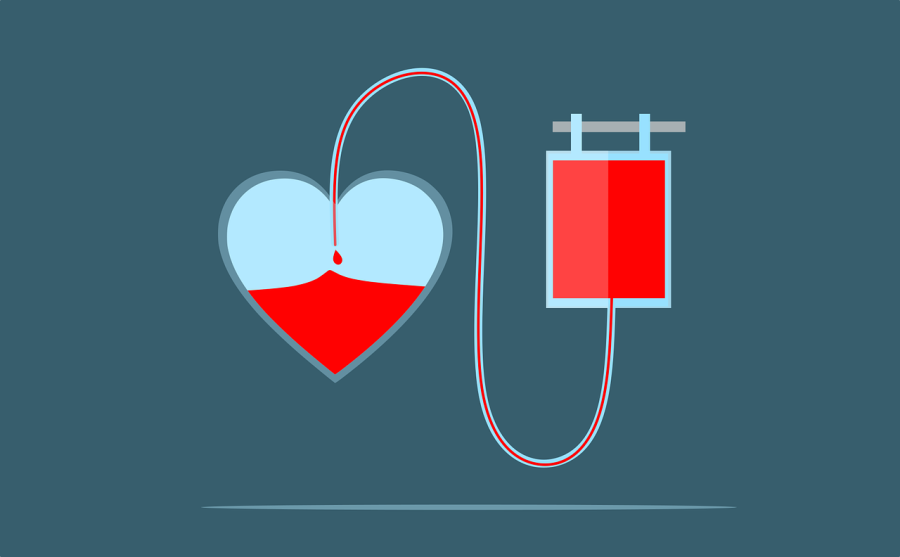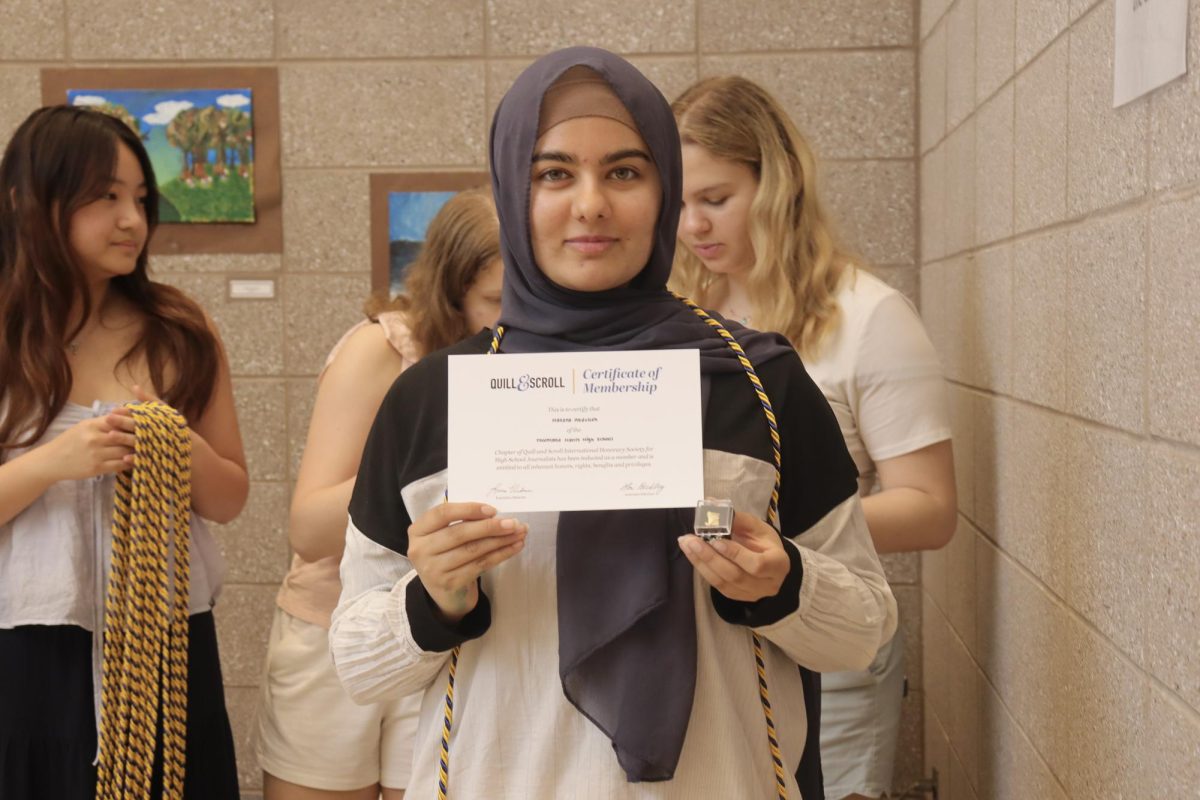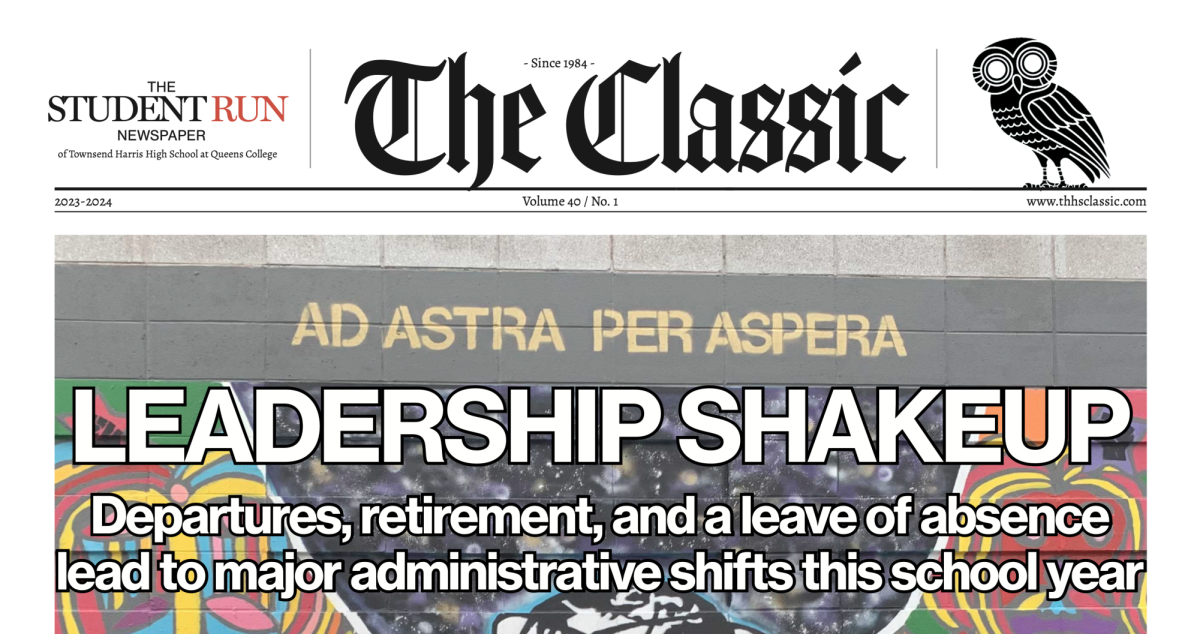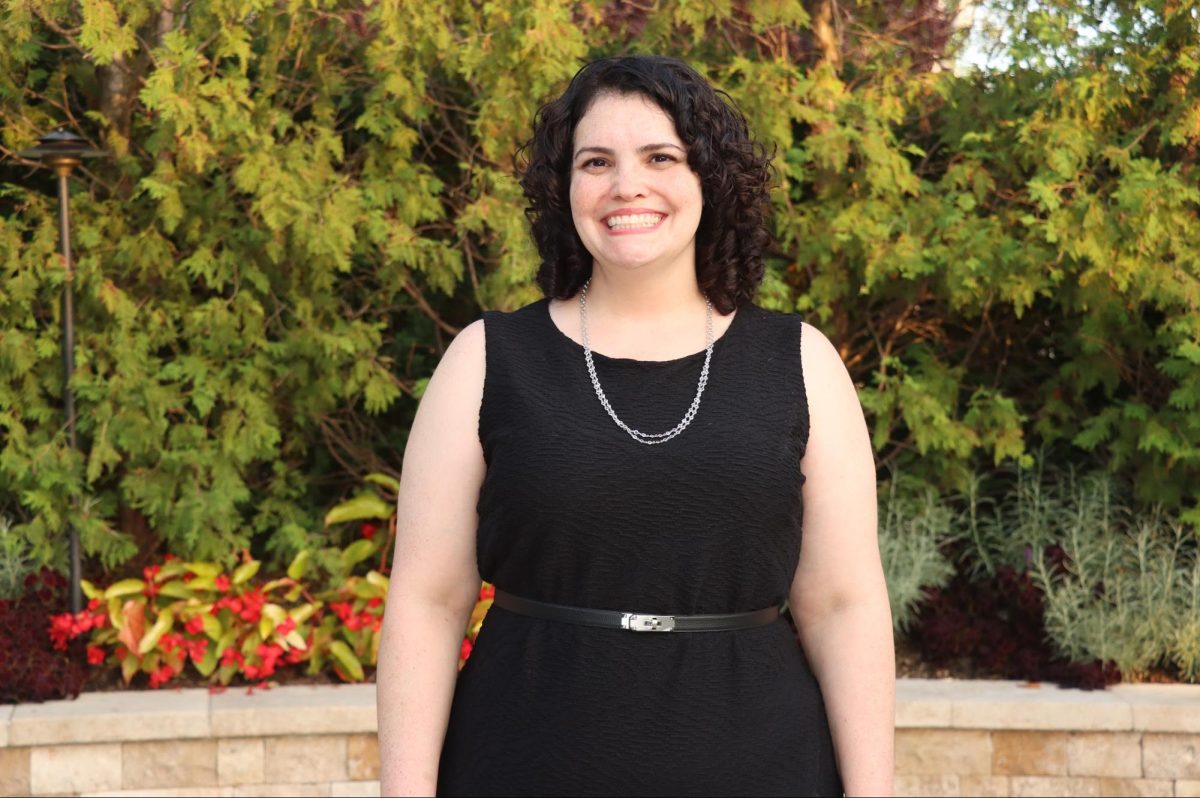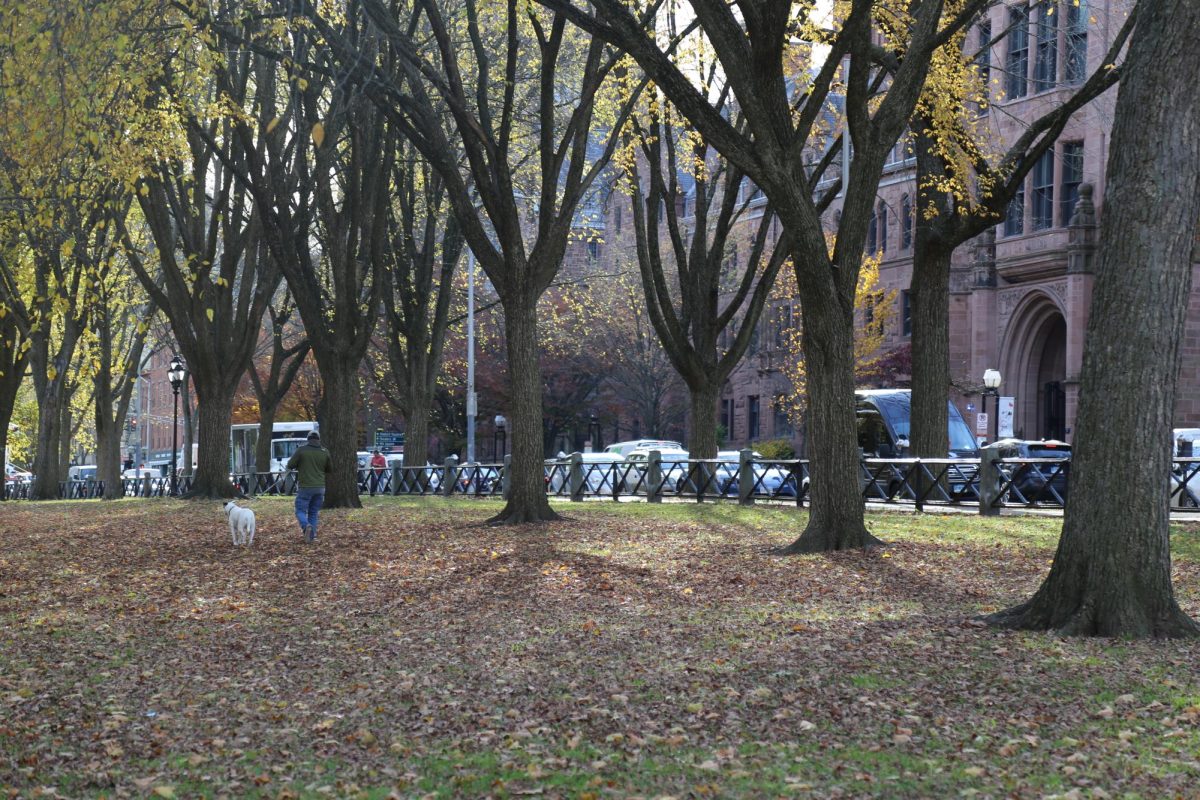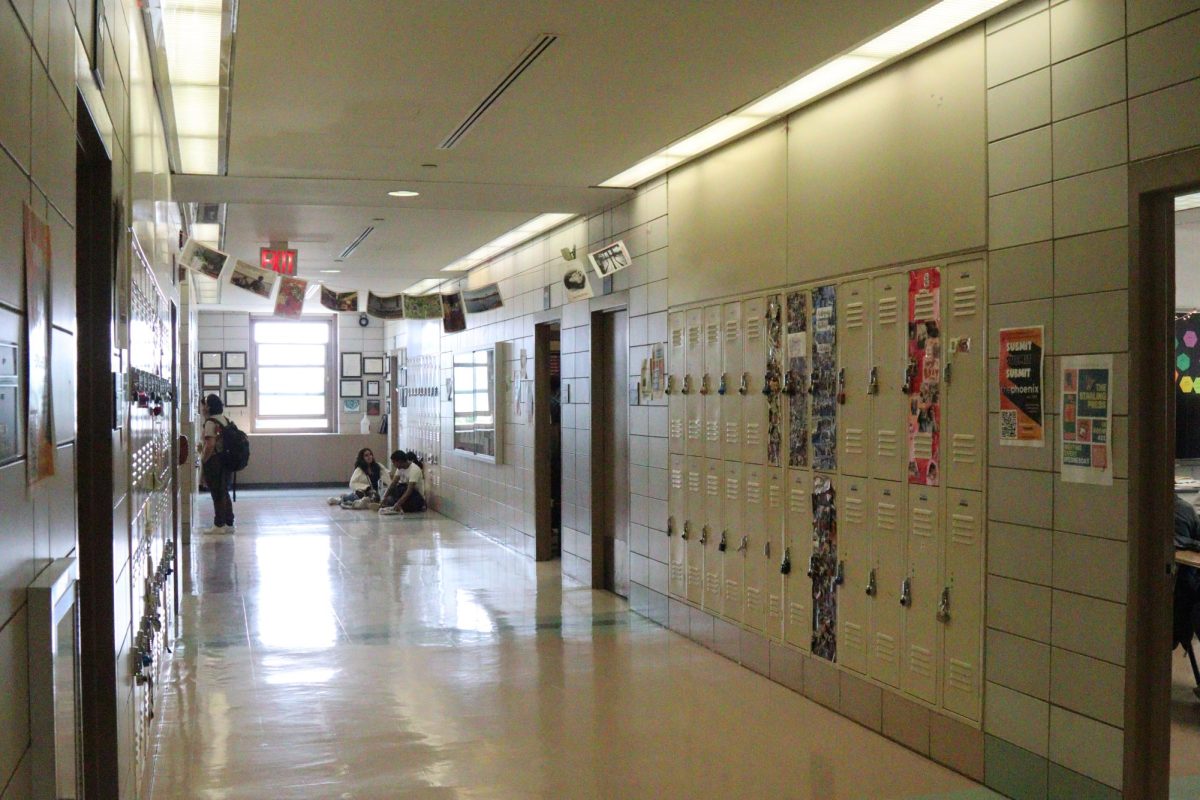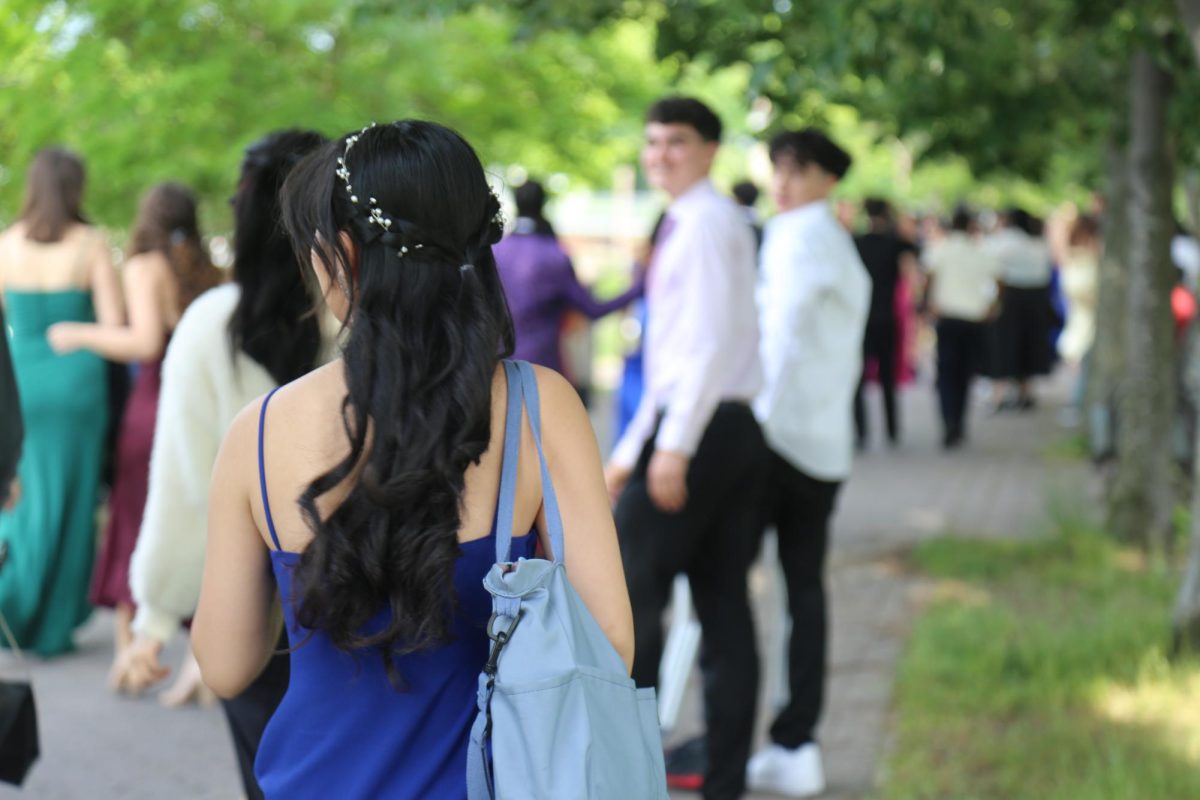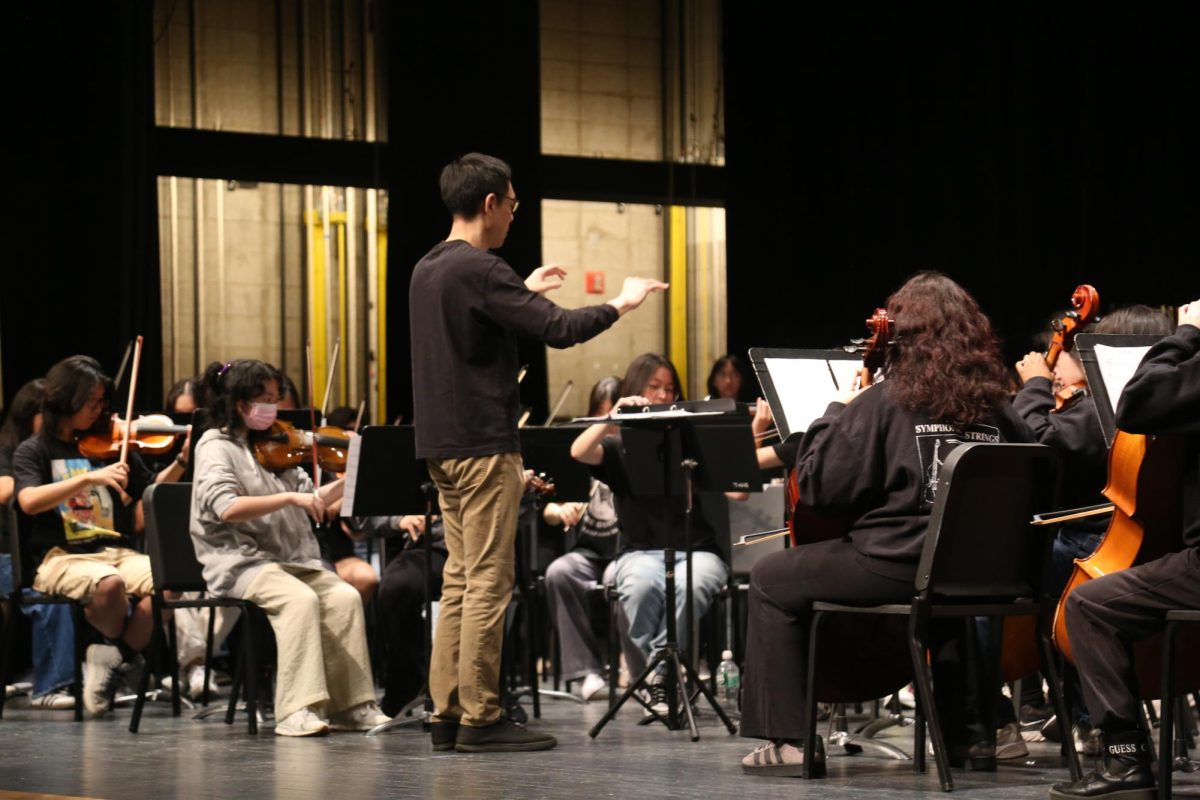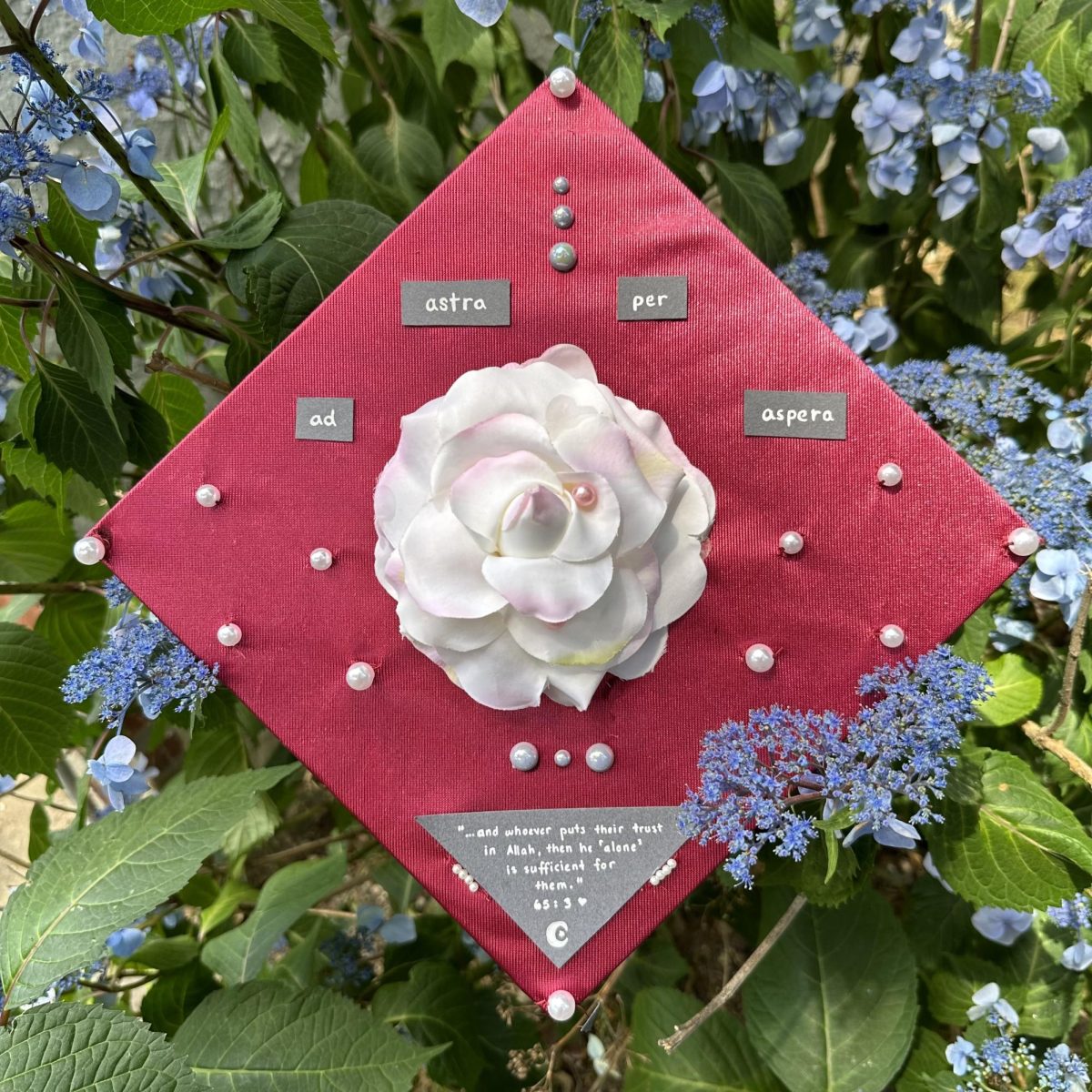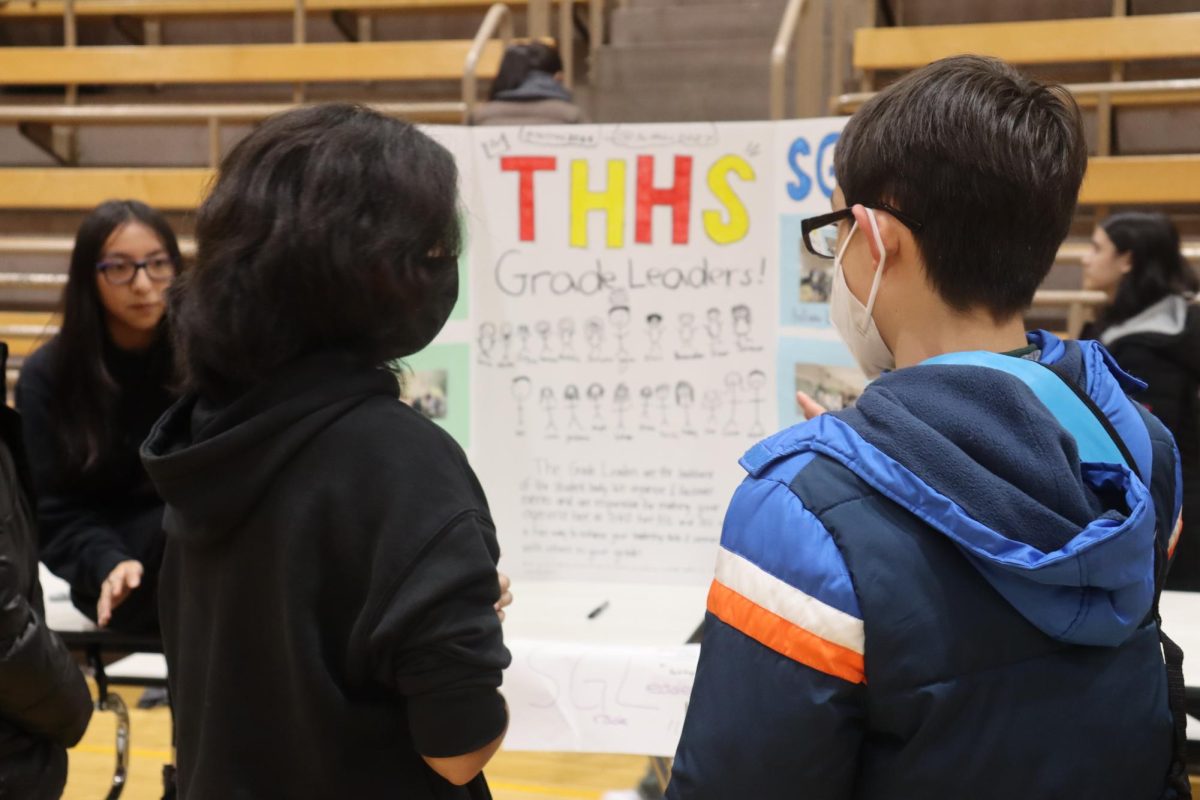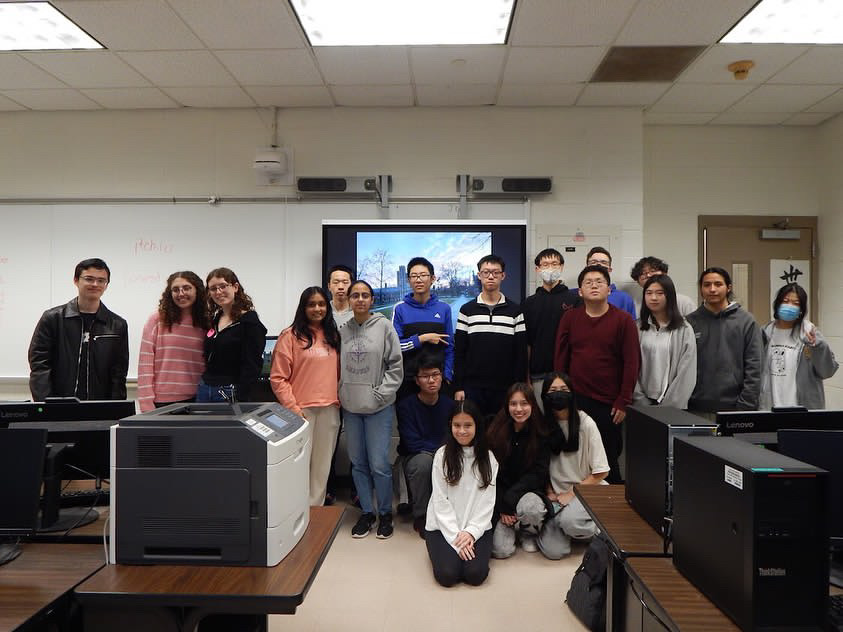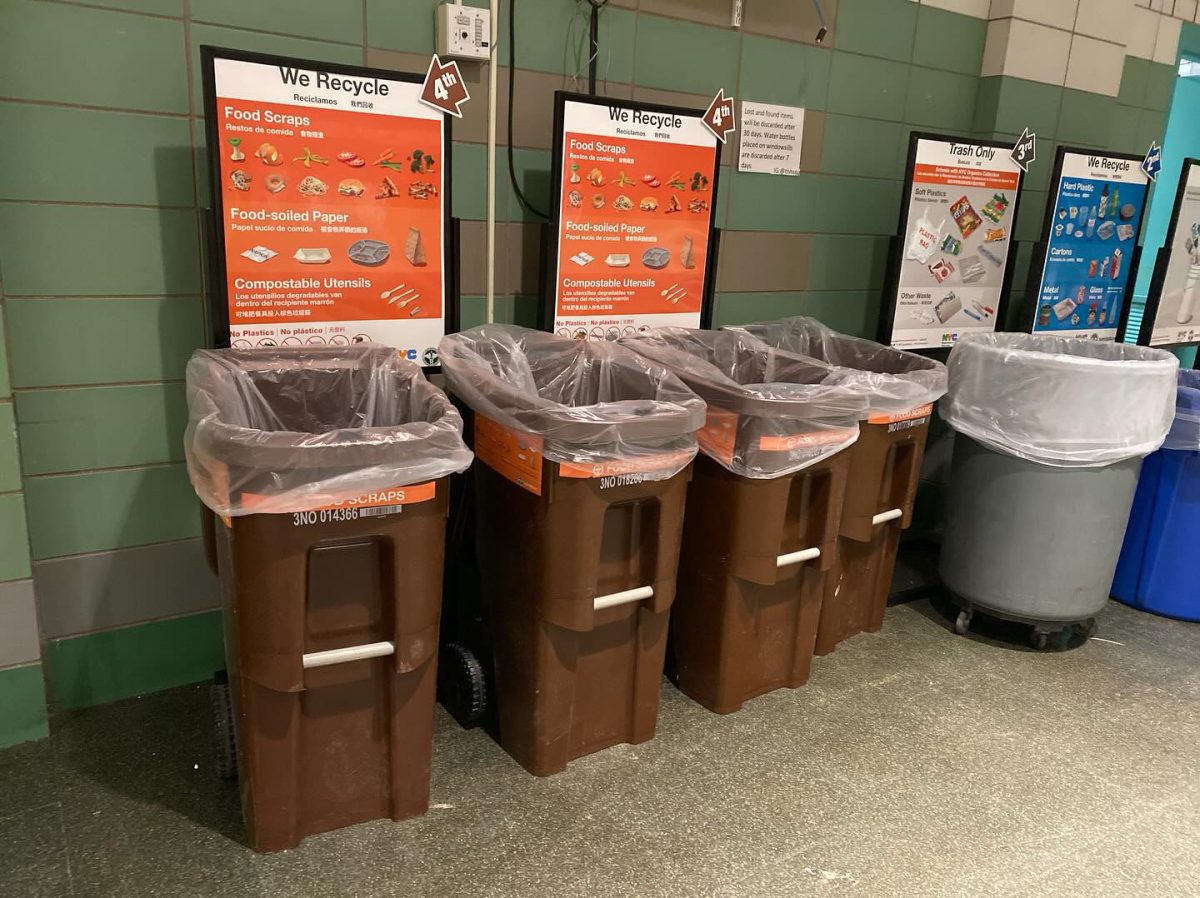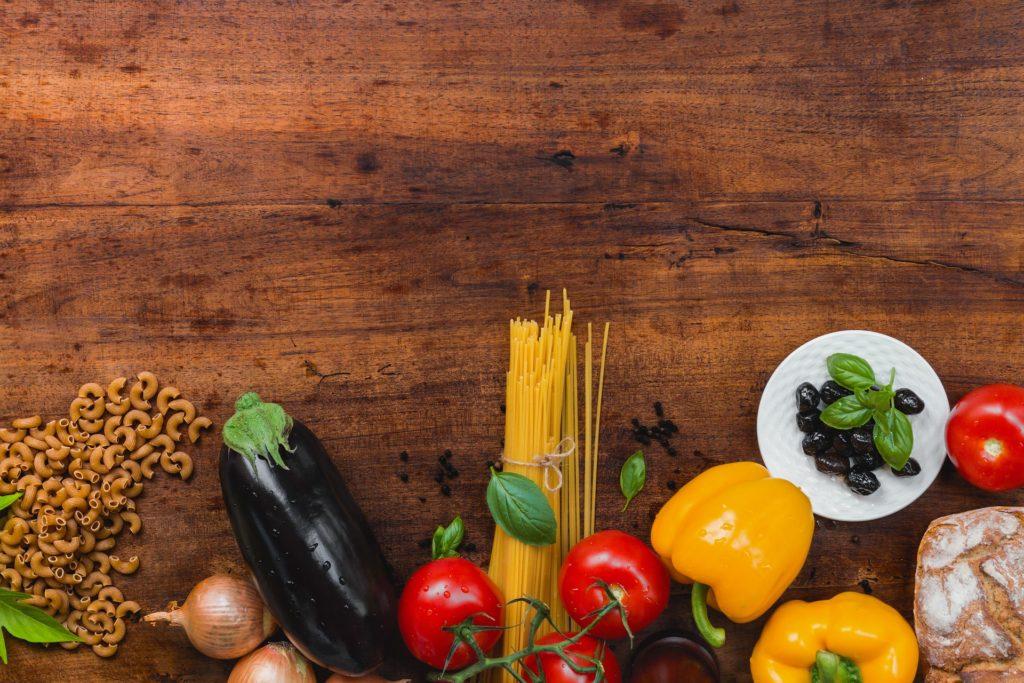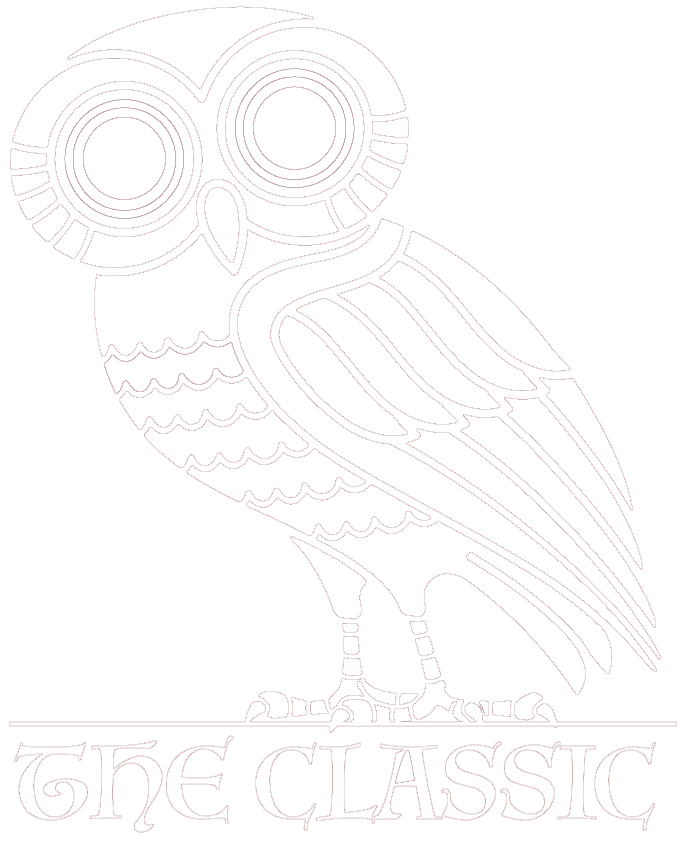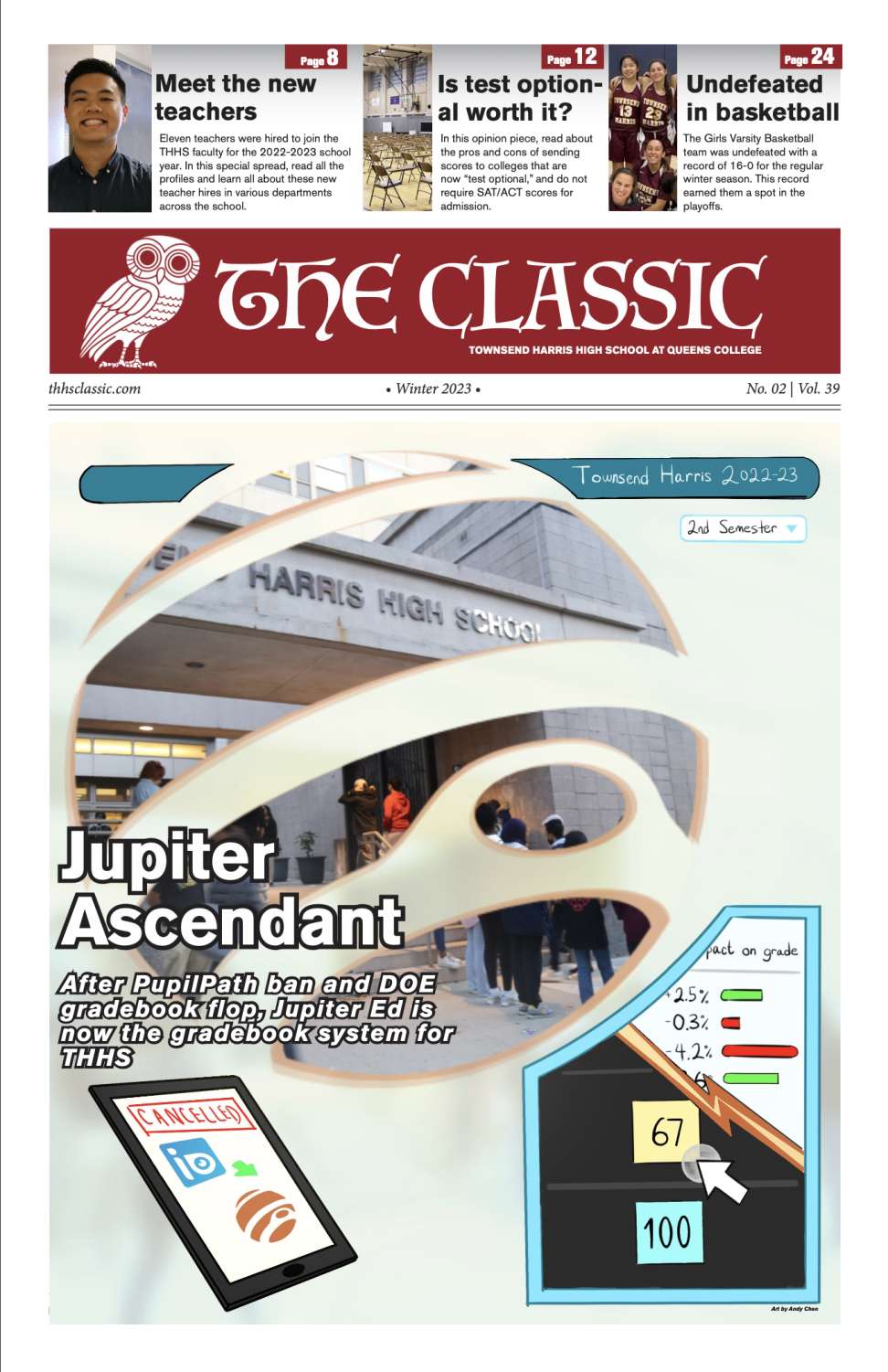
Upon the rattling clangor of a repeatedly snoozed alarm, students are drawn out of the addled haze of sleep. Groggily logging onto their first class of the day, perhaps just mere minutes after waking up, the school day begins at 8:25 a.m., or 7:45 a.m. for those who have zero band. Following long hours at desks and dauntingly lengthy to-do lists, perhaps some sneaky snacking during or in-between classes, it’s as if the student body collectively releases a sigh of relief at the advent of the 20 minute break to rest their eyes and appease the rumble of their stomachs which seems to reverberate through cyberspace. For some, this may be the first time they eat during the day.
Some students have reportedly changed their eating styles and patterns to accommodate their remote-learning schedules.
Since they are now able to stay at home with their kitchen just steps away, many have been able to control their diets and eat healthier. Junior Dorothy Joy Delacruz stated, “During the course of the pandemic and remote learning, my eating habits have gradually changed. I used to eat much less before due to having a busier schedule. However now, since my lifestyle is much more sedentary, I’ve had time to eat more (and healthier as well).”
In comparison, junior Daniel Song said he thinks that his diet has worsened during the pandemic as the situation doesn’t allow his family to go out and buy groceries much. He shared that when they do go grocery shopping, which happens once a week in their household, and buy greens, they end up “eat[ing] it all in the first three days” due to the lifetime of greens as compared to that of meat. In fact, meat can last a few months to a year if frozen, while vegetables generally last for a few days to a week. This can cause people to buy food that lasts longer in order to avoid the risk of constantly going out to buy groceries without considering nutrition, possibly leading to an unbalanced diet.
An unbalanced diet is one where the body is inadequately supplied the full range of nutrients it needs. Without adequate nutrition, the body is more prone to disease, a lowered immune system, lowered performance, and fatigue. The Dietary Guidelines for Americans details the proper daily nutrient intake based on age and gender. For a guide on how to plan balanced meals, visit the Harvard T.H. Chan School of Public health page here.
Meanwhile, students like sophomore JK Rajjo Ronobir think that their diet generally remains unchanged with the exception of an earlier lunch period. He commented, “It [remote learning] really hasn’t affected my habits, I just eat lunch an hour earl[ier] than I would during regular school. I eat about the same.”
Physical Education and Health teacher Matthew Lemanczyk emphasized the importance of a nutrient-dense diet, not just for our physical health, but for our mental health as well. “The more nutrient-dense our diets are, the better our body and mind function,” he said.
In order to ensure that our brains function properly, maintaining a healthy intake of nutritious foods is pivotal. According to a post on the Harvard Health blog, a poor diet is associated with a greater risk of developing mental disorders. Eating processed foods and refined sugars can put you at a greater risk of developing and exacerbating the symptoms of mental disorders, like depression, while eating a healthy, nutrition filled diet can make you feel better and boost your energy level.
“From the perspective of adolescents…you all are in your formative years. Many of you are still growing and developing,” Physical Education and Health teacher Jamal Bermudez said. He stressed the importance of eating a well-balanced, nutritious diet in your adolescent years in order to ensure that your body is getting the proper nutritions it needs “to live a long and healthy life.”
Some students might not be accustomed to eating a nutritious diet. However, it’s vital to start as early as possible. According to the Center of Disease Control and Prevention, a healthy mix of different foods is necessary for a healthy and nutritious diet. They recommend eating more “fruits, vegetables, whole grains, and fat-free or low-fat milk and milk products” and less high-fat meat, added sugars, and sodium.
The P.E. teachers recommended drinking a lot of water as well as eating fresh, unprocessed foods. Mr. Lemanczyk said, “I would recommend making small changes to start. Instead of soda, drink a glass of water. Instead of white bread and white rice, try whole-wheat bread and brown rice or quinoa.” P.E. teacher Maria Assante also recommended avoiding sugary foods, foods high in trans fat, as well as fried foods. She stressed the importance of mindful eating and how we should avoid eating too much food, especially when we’re “alone, standing, texting, [on the] computer, watching TV, or reading.” Instead, she suggested eating only in your kitchen or dining room in order to avoid mindless eating.
Overall, P.E. teacher Lauren Caiaccia observed that students’ Activities of Daily Living, referred to as ADLs, are uniquely affected given individual circumstances. “Variables that can alter our energy expenditures, specifically ADLs, reflect access to both indoor and outdoor space, equipment, and environmental conditionals to name just a few things that alter one’s ability to be active,” she said. Due to this, she says that remote learning necessitates a heightened awareness of intake and eating habits in accordance to limitations in other realms of health.
Especially in adolescence, the P.E. teachers emphasized that it is pivotal to start solidifying general healthy habits for the future to secure a healthy lifestyle beyond our diets. “Eat right, drink plenty of water, get lots of sleep, and move your body!” Ms. Caiaccia encouraged.

